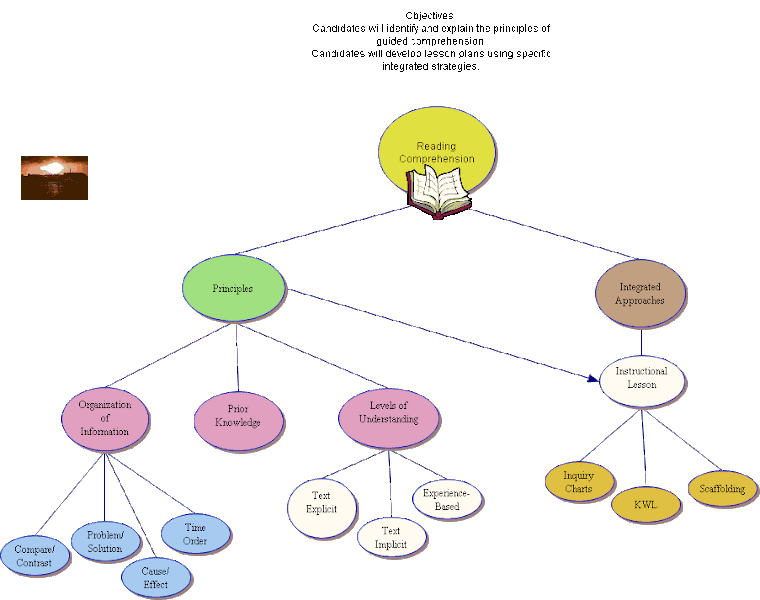The purpose of the study, Benefits of Cooperative Learning in Weblog Networks, Wang and Fang (2005) was two-fold. The first was to find ways to integrate cooperative learning with computer technology in a foreign language class, and the second, to determine how students might benefit in the college writing curriculum from this integration. Blogs were used as a place where students could share ideas individually or in groups. The authors hypothesized that increasing the students’ time writing would increase their proficiency.
The results of the study, as reported by the authors, showed that students felt the experience of blogging fostered confidence in their writing ability, and felt they contributed to their group’s efforts, and their personal goals. However, an overwhelming number, 91%, still felt that face to face interaction was an important ingredient in supporting each other, and reaching goals.
I feel this study exhibited some disadvantages, which could inform my practice in planning for my online classes.
· The study did not include a method to evaluate the quality of the online communication. More time spent writing doesn’t necessarily equal better writing. The quality of work produced would be an important element for me to consider in my classes.
· The study also did not provide an analysis of student improvement in the area of foreign language facility. This seems to be an objective without an outcome.
· The results of the study depend on a self-reported questionnaire given to the students of whom 77.6% responded. However, there was no report of student assessment by the instructors. This is a piece I think is necessary to support the teaching-learning process.
· The authors seem to have many expectations of the students. They had to articulate their own learning, reflect upon it, engage in discourse with other learners, work in groups to develop a project or to participate in a debate, read resources, post online, read others’ postings, attend face to face lectures, attend to course work given online, all within the framework of foreign language practice. With so many initiatives, it is difficult to draw conclusions directly linking cooperative learning with computer technology. A large percentage of students (42.2, 28.9, 25 %) took a neutral stance in answering the questions concerning their ability to manage time in this setting. Could this be the result of the study design trying to do too much at once?
· More than 1/3 of the students responded “neutral” to many of the learner autonomy and cooperative learning questions. Perhaps these students were not fully prepared for the cooperative learning-computer technology format. Consideration must always be given to practicing new skills before students are required to use them and a useful thought to keep in mind. For me, the goal is always that all students be prepared for the learning experience.
Subscribe to:
Post Comments (Atom)



No comments:
Post a Comment